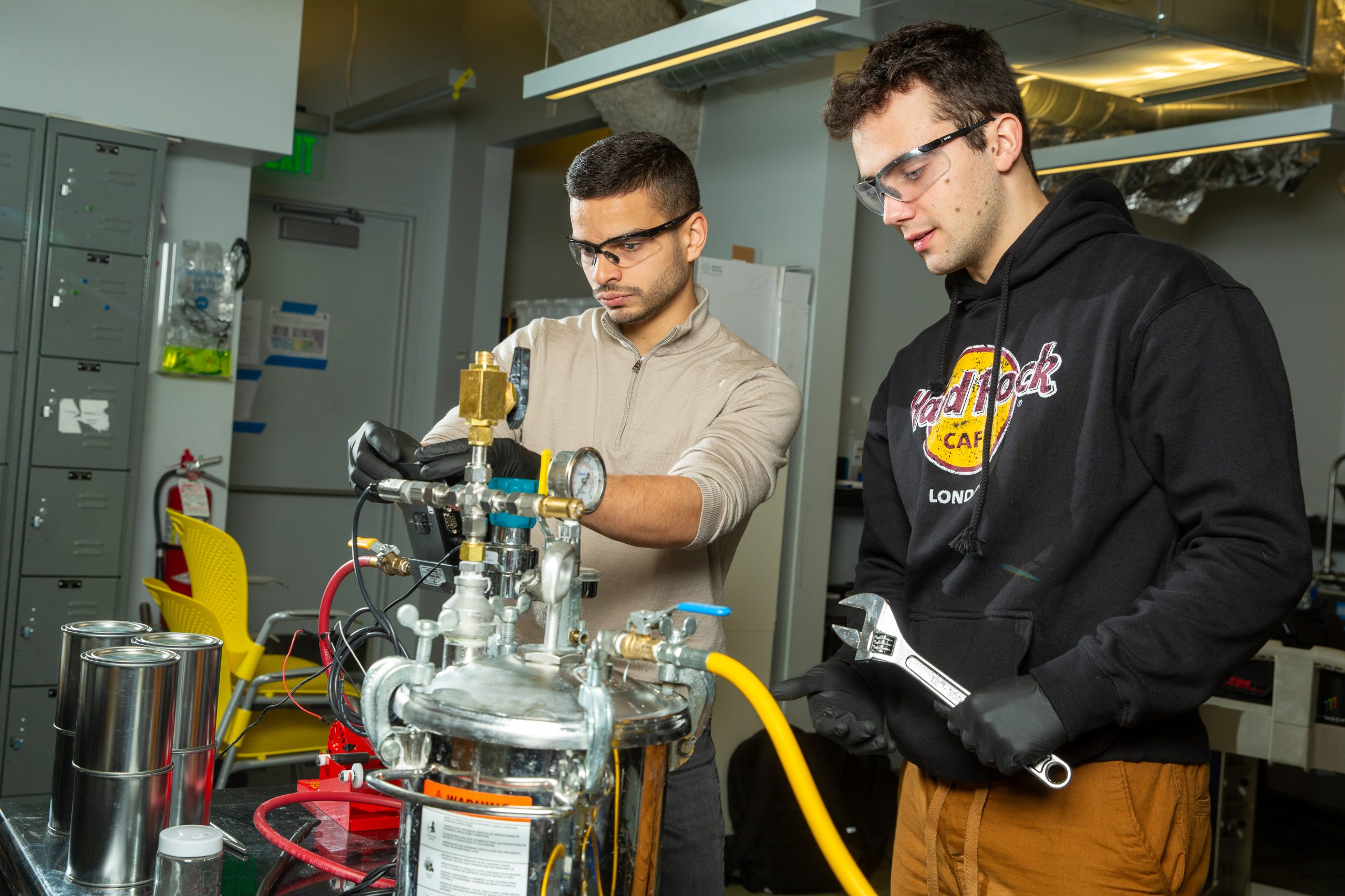“So many relationship problems actually have very little to do with the relationship itself.” That’s the conclusion — shared in a TEDxOakParkWomen Talk — which Chicago psychotherapist Susan Adler has come to after years of working with couples. In fact, she believes that many of the so-called relationship difficulties she sees have much more to do with the individuals’ own problems. For a relationship to thrive, we need to work on being our best selves. Only then can we have a happy relationship. Below, you’ll find three tips Adler says will help you be your best self in a relationship.
Express your feelings to your partner — that is, anything but anger: The next time your partner does something that makes you see red, stop yourself from immediately going on the attack. Instead, try to separate yourself (even moving to the bathroom or a corner of the room can be enough), take a deep breath, and ask yourself: ‘What am I really feeling underneath all this anger?’” After you’ve had some time to settle down, let your partner know what’s going on for you.
When your partner spins out of control, take the high road: The day will inevitably come when your partner behaves unwisely — they’re irritable, grumpy, unreasonable, testy, argumentative, prickly, you name it. It’s natural to want to respond in a similar vein. Resist the temptation, and remind yourself — as Adler puts it — “You can go down that rabbit hole with them, or you can make a different choice.” Try to be calm, patient, and caring. If you level with your partner, they might level with you in a more positive way.
Express your to-dos and wishes in the form of “I would love it” statements: Let’s say that you’re at your wit’s end because your partner is canceling date night yet again because they have to work late. Your inclination would be to tell them, “You have absolutely no consideration for my feelings!” or “You never make time for me!”, even though you know those remarks set the stage for a blazing-hot argument. Adler’s recommendation: Communicate what you want from them by telling them what you’d like to happen. So you might say something like, “I would love it if we could figure out a night that works for both of us to spend some time together.”
There is a caveat to this approach. Be careful with your “I would love it” statements, warns Adler. “Don’t say negative things like ‘‘I would love it if you would stop being such a jerk.’ That’s not positive; that’s criticism,” she explains.












